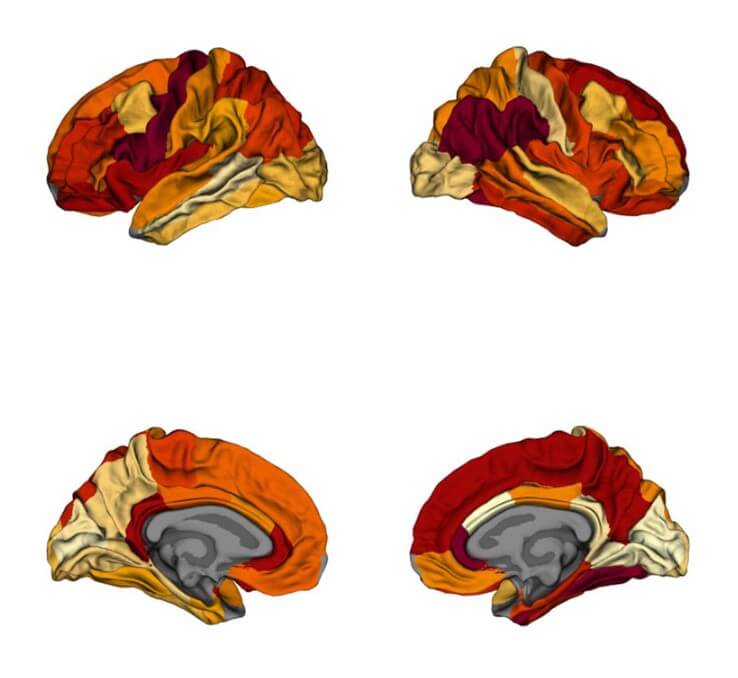Scientists say findings suggest that losing weight could delay cognitive decline and protect against dementia
MONTREAL — When we think about obesity, the longterm harms to heart health are often the first consequences that come to mind. Doctors now warn that excess weight can also take a dangerous toll on the brain. According to a new study, obesity can trigger symptoms we typically see in Alzheimer’s disease patients.
Both obesity and Alzheimer’s were found to thin gray matter in the same ways – in the right temporo-parietal cortex and left prefrontal cortex of the brain. As a result, scientists claim losing weight could slow cognitive decline and lower the risk of dementia. Researchers from Montreal Neurological Institute-Hospital at McGill University suggest that obesity and Alzheimer’s (AD) may cause the same type of neurodegeneration.
Obesity was previously linked with Alzheimer’s disease, but this is the first study to make a direct comparison between brain atrophy patterns in Alzheimer’s and obesity. Like Alzheimer’s, obesity is associated with cerebrovascular damage affecting blood flow in the brain, and accumulation of amyloid-β, which prompts the degeneration of the brain.
Obesity has already been described as a multisystem disease affecting the lungs, stomach, colon and heart. Scientists claim this research reveals more about its impact on the brain.

“Our study strengthens previous literature pointing to obesity as a significant factor in Alzheimer’s disease by showing that cortical thinning might be one of the potential risk mechanisms,” says Filip Morys, a PhD researcher at The Neuro and the study’s first author, in a statement. “Our results highlight the importance of decreasing weight in obese and overweight individuals in mid-life, to decrease the subsequent risk of neurodegeneration and dementia.”
The scientists created a map of gray matter atrophy for Alzheimer’s sufferers, a healthy control group, those who were obese, and those who were not. Gray matter atrophy was sampled in over 1,300 people and compared with Alzheimer’s sufferers and those who are obese.
The study is published in the Journal of Alzheimer’s Disease.
South West News Service writer Pol Allingham contributed to this report.

The main thing is to publicize such research results in order to prevent the spread and education of a healthy diet and a healthy lifestyle in general.